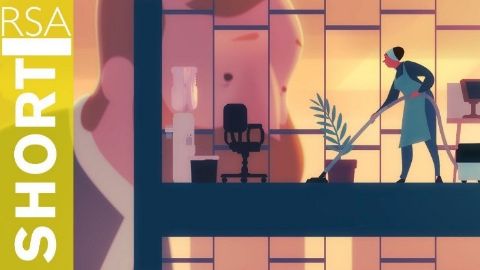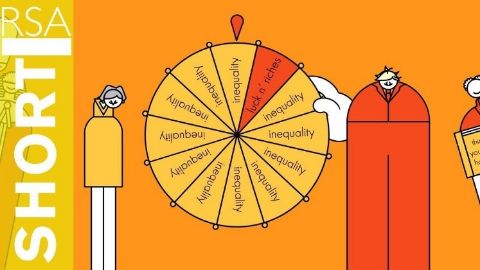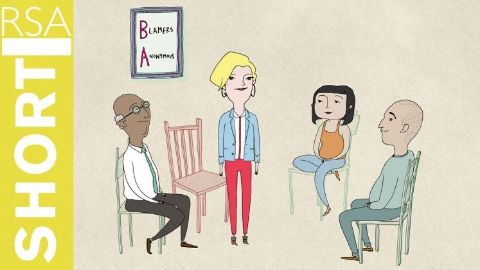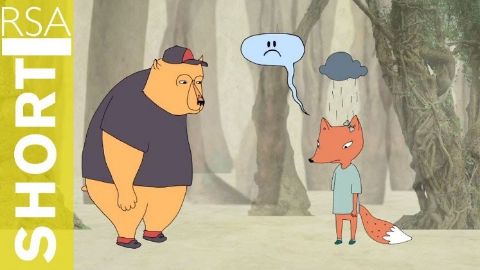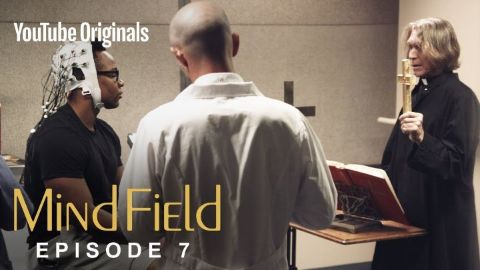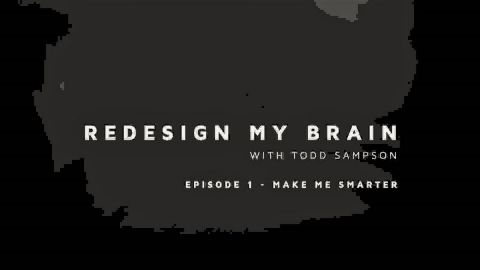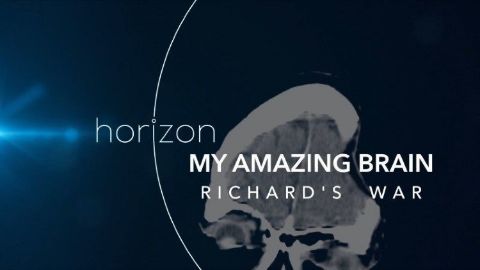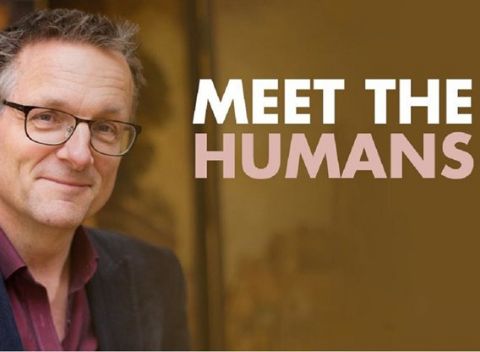RSA Shorts • 2015 - 2018 • 4 episodes •
We have taken huge steps towards tackling some of the biggest threats on humanity throughout history, and in many ways our lives have never been better! So where do we go from here? Author and historian Rutger Bregman argues that in order to continue towards a better world, we need big ideas and a robust vision of the future. Revolutionary ideas, that were once dismissed as a utopian fantasy, became reality through people believing there was a better way – but what if our progress is hindered by our own dim view of human nature?
2018 • Economics
Are we wholly responsible for our actions? We don’t choose our brains, our genetic inheritance, our circumstances, our milieu – so how much control do we really have over our lives? Philosopher Raoul Martinez argues that no one is truly blameworthy. Our most visionary scientists, psychologists and philosophers have agreed that we have far less free will than we think, and yet most of society’s systems are structured around the opposite principle – that we are all on a level playing field, and we all get what we deserve.
2017 • Brain
You are probably a bit of a blamer - most of us are. But why should we give it up? In this witty sequel to our most watched RSA Short, inspirational thinker Brené Brown considers why we blame others, how it sabotages our relationships, and why we desperately need to move beyond this toxic behaviour.
2015 • People
